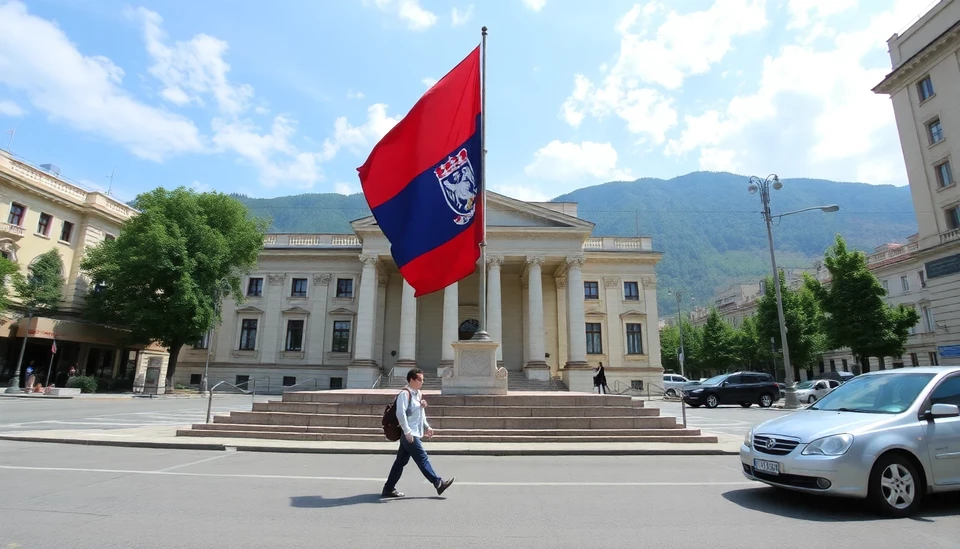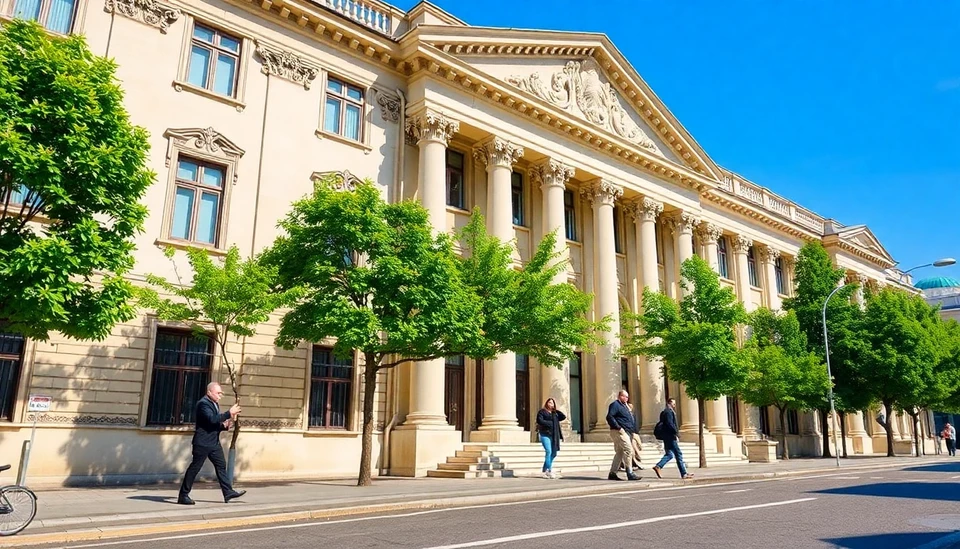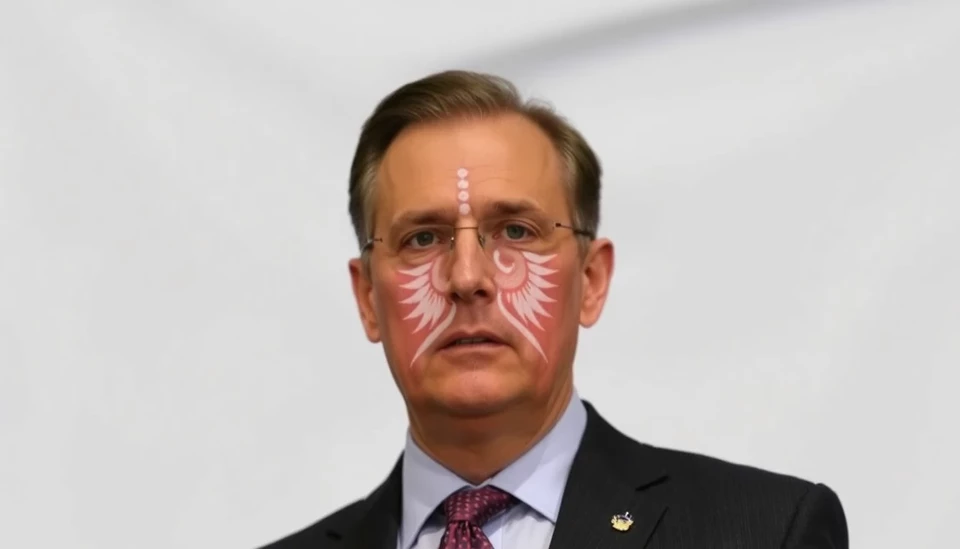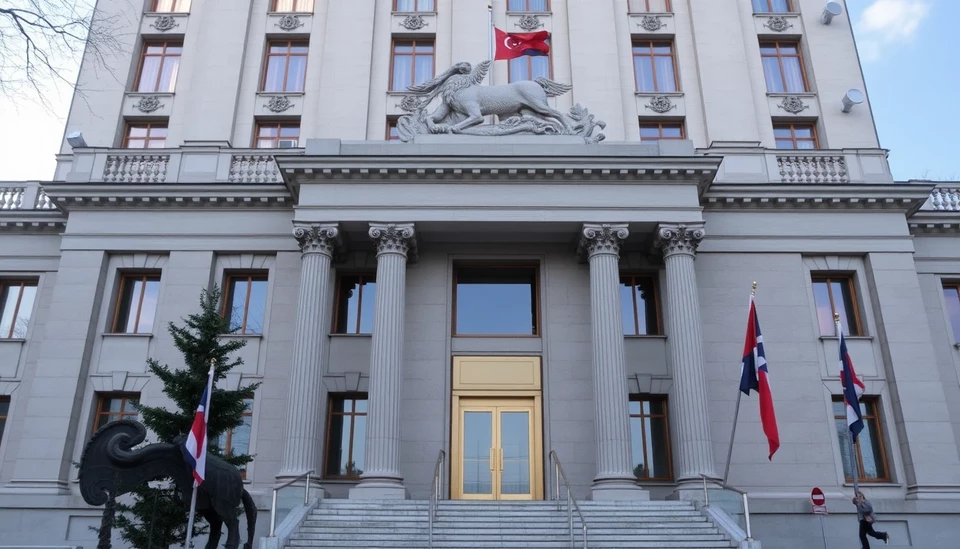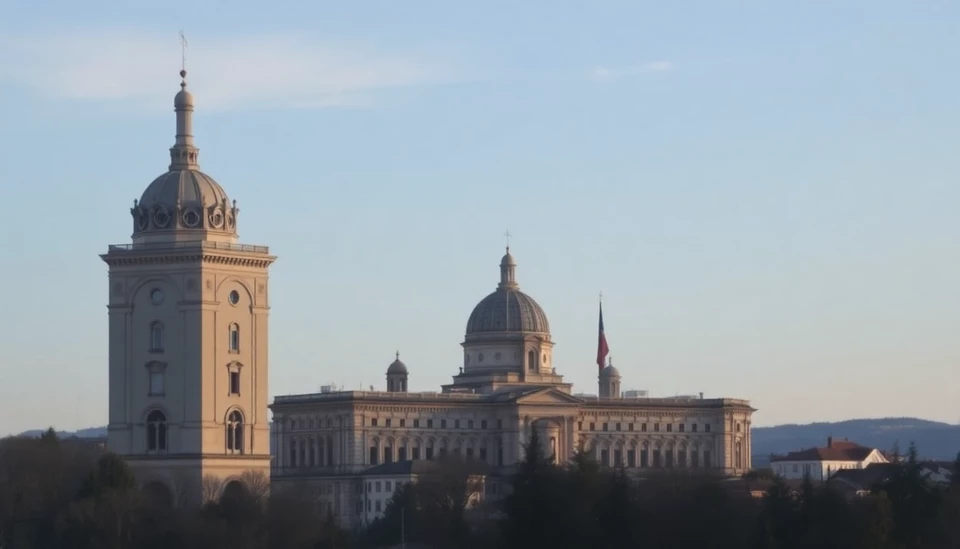
In a recent monetary policy decision, Serbia's central bank has opted to maintain its benchmark interest rate at 5.75%. This choice comes as a response to the mounting political challenges within the country alongside significant global economic pressures that could affect Serbia's financial stability.
The decision to hold rates steady reflects the bank's concerns over inflationary pressures that have emerged from external market forces, including rising global commodity prices. Such inflation has been a lingering issue, prompting careful scrutiny from financial policymakers. The balance between stimulating economic growth and controlling inflation was highlighted as the central bank acknowledged the ongoing volatility in global financial markets.
This monetary policy stance arrives during a period fraught with political instability in Serbia, as the government grapples with widespread public discontent and various protests. These events have raised questions about the government's ability to implement effective fiscal policies and maintain a stable economic environment.
Central bank officials noted that while inflation is expected to remain elevated in the near term, they are optimistic that local price pressures could stabilize as global economic conditions evolve. However, their cautious outlook includes a close monitoring of potential shifts in geopolitical contexts and their ripple effects on the national economy.
The bank's maintenance of the interest rate is also aimed at fostering confidence among investors, both domestic and international, by signaling a commitment to financial stability. Officials emphasized the necessity of maintaining a stable monetary environment to secure budgetary performance while allowing for necessary economic reforms designed to bolster growth.
As Serbia navigates these turbulent times, the interplay between local politics and global economic conditions will be critical. Market participants will be watching closely for any indications that could sway future interest rate decisions, as the central bank remains alert to both domestic developments and the broader international landscape.
Looking forward, Serbia faces several challenges, including sustaining growth rates, managing public sentiment among citizens who are increasingly frustrated with the current administration, and assessing the impact of fluctuating prices on essential goods. The national bank's ongoing assessment of the situation will dictate its future strategies, as they strive to maintain economic stability in the face of uncertainty.
In conclusion, Serbia's central bank's decision to keep the interest rate unchanged amidst a backdrop of political turmoil and global economic risks highlights the complex landscape that policymakers must navigate. The ongoing balancing act between growth and inflation will be pivotal for Serbia's economic future, as both local and international observers closely monitor the unfolding situation.
#Serbia #InterestRates #EconomicPolicy #PoliticalStability #GlobalEconomy #Inflation #MonetaryPolicy
Author: Rachel Greene
